Cholera is disease caused by bacteria called Vibrio cholerae and can cause a range of symptoms from mild to severe. The onset of the disease is quick and about one in 10 people who get infected will experience severe symptoms, such as watery diarrhoea, vomiting and muscle cramps. In this case, cholera becomes life-threatening because it leads to rapid loss of body fluids causing dehydration and shock and the person can die in as little as several hours.
The most important part of cholera treatment is swift rehydration – replacing the lost fluids. There is something called oral rehydration solution, which is a packaged mixture of sugar and salts that is diluted in safe drinking water and drunk in plentiful amounts. It helps to rehydrate the body and replace lost minerals, while the sugar in it supplies much needed energy. In life-threatening cases, patients need an intravenous therapy (drip) and antibiotics. If treatment comes quickly, most patients recover.
The infection usually doesn’t spread by contact with an infected person – you cannot catch cholera by talking to someone who has it. However, it spreads through water or foods that have been contaminated by faeces (excrement) from someone who has it. Therefore, inadequate treatment of sewage and drinking water, poor sanitation and lack of hygiene are the main risk factors.
If you don’t have access to safe drinking water, drink only bottled, boiled or chemically treated water and avoid tap water, water fountains and ice cubes. You can disinfect your own water by boiling it for at least one minute or filtering it and adding water-purification tablets.
The cholera bacteria can live in brackish and coastal waters and can be found in aquaculture (fish farms or shrimp farms). There have been many cases of cholera infection resulting from eating raw shellfish. Fish can also be infected and, in turn, they contaminate the water they live in. Eating raw or undercooked fish and seafood greatly increases your chances of getting infected but the same applies to meat – it can be infected during handling and food preparation.
Washing your hands with soap and clean water before you eat or prepare food and after using the bathroom will reduce your risk of cholera. If you can’t wash your hands, use an alcohol-based hand sanitiser with at least 60 per cent alcohol.
As boiling destroys the cholera bacteria, eating well-cooked food while it’s still hot slashes your risk of the infection as well as washing fruit and vegetables in a disinfectant solution. If you cannot wash your fruits and veggies, peeling is also a good strategy.Cholera vaccines are available and meant mostly for people living in high-risk areas.

